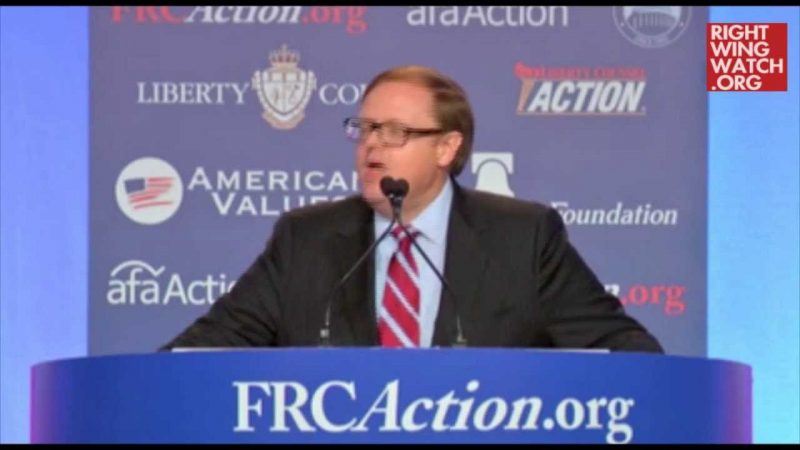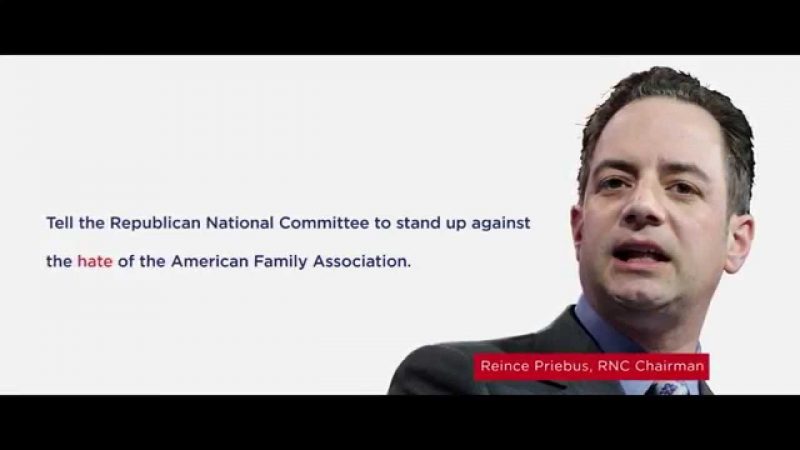In his Washington Update radio address today, the Family Research Council’s Tony Perkins slams the American Library Association for a curriculum that educates students about their library privacy rights. Perkins quotes the concerns of Parents Against Bad Books in Schools, a group that encourages parents to challenge “sensitive, controversial and inappropriate material” in school libraries, including such books as Beloved, One Hundred Years of Solitude, and The Sisterhood of the Travelling Pants.
“School libraries,” Perkins says, “are one place where liberalism has a long shelf life”:
In the library, what kids are really checking out is a new ideology. Hello, I’m Tony Perkins of the Family Research Council in Washington, D.C. School libraries are one place where liberalism has a long shelf life. For years, the American Library Association’s been funneling inappropriate material to kids. And stopping them just got a whole lot harder. The Left wing’s favorite billionaire, George Soros, is giving the ALA a half-million dollars a year to develop a “privacy curriculum” that teaches kids how to “bust through censor walls,” “encrypt their communication,” and “override filters.” Even worse, librarians are told “to inform students that their book circulation data will never be shared with anyone, including their parents.” Groups like Parents Against Bad Books in Schools are fighting back, but they need your help. “If enough parents become aware of how many objectionable books there are in [circulation] and work together in constantly challenging them, things can improve considerably,” said a spokesman. Otherwise, what libraries will be lending isn’t books–but a helping hand to the Left.
For what it’s worth, here are the American Library Association’s guidelines on privacy in school libraries:
Students as Library Users: Students who use school libraries need to learn about the concepts of privacy and confidentiality. They may not know the dangers of sharing personally identifiable information with others. School library media specialists may face the situation of an adult asking for information pertaining to students’ library use. These situations must be handled in accordance with all school and library policies. In an ideal situation, that information would not be released. Teachers should not be able to “check” on students to see if they have borrowed assigned readings or used specific resources. School library media specialists are best served when they assist teachers in developing classroom procedures and policies that preserve user privacy and meet educational goals.







